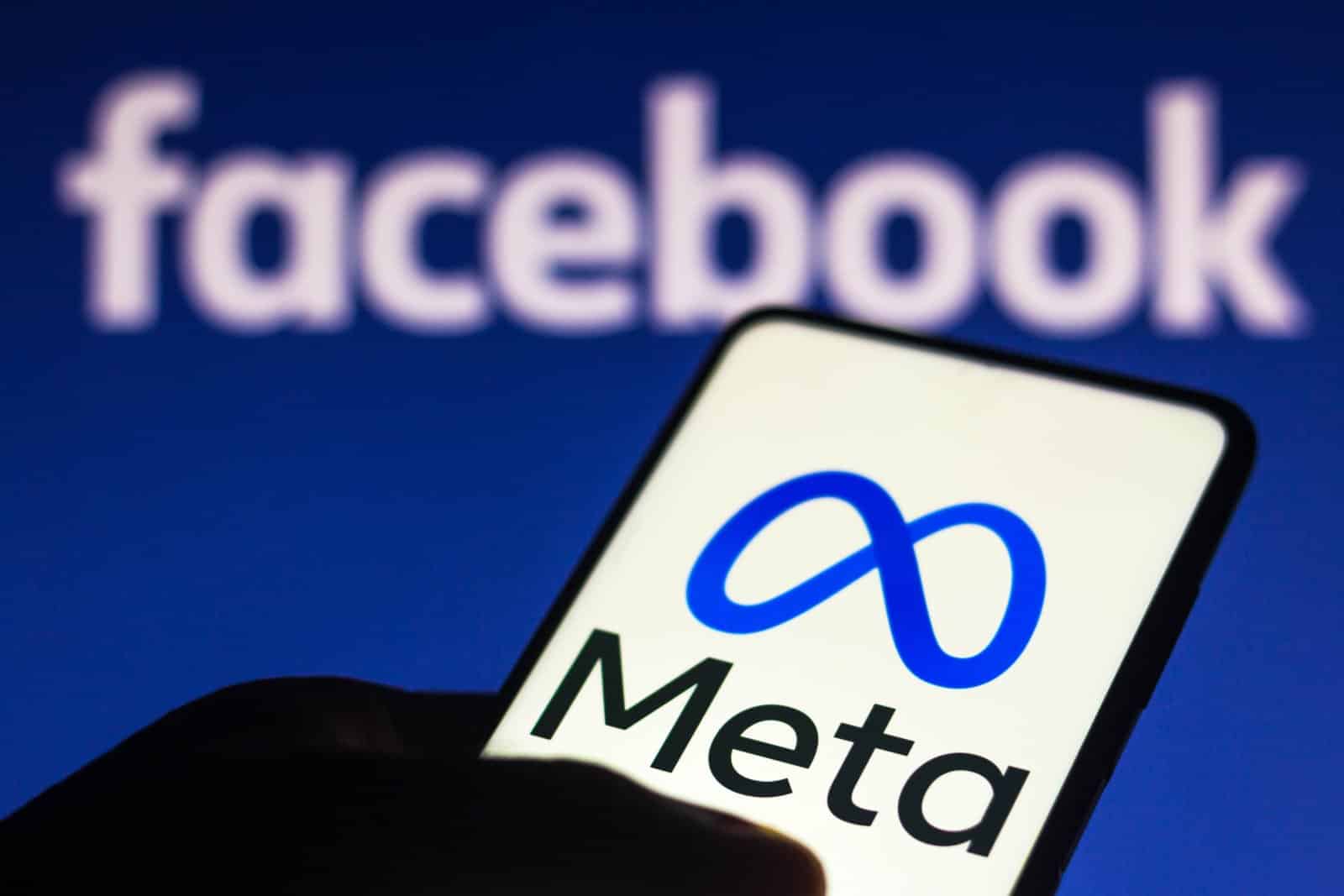Google has created new restrictions for its AI chatbot, Gemini, that prevent it from answering questions about major elections this year and bring further controversies to the company.
Gemini Restrictions

To prevent the spread of misinformation, Google has placed a global restriction on its AI chatbot, Gemini, so that it cannot answer questions about several major elections this year.
2 Billion Voters

This year may be the largest election year in history, with over two billion voters expected to participate in elections across more than 64 countries.
Google hopes its AI restriction will show its commitment to maintaining the integrity of these elections.
Major Concerns

With AI’s rapid development and increase in use over the last two years, there are major concerns about AI’s potential influence on democratic elections, so Google placed the ban as a precautionary measure.
An Abundance of Caution

Google’s India team stated on the company’s site, “Out of an abundance of caution on such an important topic, we have begun to roll out restrictions on the types of election-related queries for which Gemini will return responses.”
Election Integrity

Google is trying to avoid any potential missteps with its new AI technology in situations where misinformation could seriously impact the integrity of certain elections.
Gemini’s Responses

Now, Gemini’s response to election-related questions will focus on deflecting specific questions about specific political figures and election processes and advise users to use Google Search to find out more about elections
A Broader Strategy

Gemini’s new restrictions are part of Google’s broader strategy to limit AI’s ability to engage with politically sensitive content and bring about unintended consequences for the company.
The Gemini Controversy

The restrictions were announced due to concerns made over Gemini’s capabilities when it created controversial images that depicted people of color in historically inappropriate contexts that many found offensive.
Historical Inaccuracy

If you haven’t seen the pictures all ready, the image that brought Google the most criticism was when a user asked for a picture of a German soldier in World War 2 and generated a picture of an Asian woman in a Nazi Uniform.
A Public Apology

Due to the controversial images and backlack, Google had to then temporarily limit Gemini’s capabilities and issue a public apology that stated, “We Definitely messed up.”
Nuanced Restrictions

On top of the global restrictions, they have also implemented specific measure in certain countries where a more nuanced touch may be needed in avoiding further controveries.
India Wants More

India has even created specific directives for tech companies to obtain approval before allowing any AI tool to be released to the public to avoid any “unreliable” technology to be released.
A Wider Trend

Google’s new restrictions seem to be part of a wider effort throughout the industry as tech companies attempt to skirt the challenges presented by AI’s rapidly budding technology.
Meta Regulations

Meta Platforms have also created new measures to combat misinformation and the misuse of AI in upcoming elections like those for the European Parliment this June.
Officials Are Worried

In response to AI’s rapid advancements, security and government officials worldwide have spoken out about AI’s ability to worsen the problems of misinformation and foreign influence during elections.
Malign Influence

Former FBI director Christopher Wray said that AI’s advancements could make it easier for “less sophisticated foreign adversaries to engage in malign influence,” making it far more difficult for countries trying to limit the influence of foreign nations.
Creating Legislation

Due to these fears, government bodies are working on legislation capable of controlling the growth and development of AI in the hopes they can limit the potential damage such a powerful new technology is capable of.
The AI Act

Though it hasn’t been officially voted in yet, the EU parliament just passed the AI Act, which restricts the use of AI tools and functions within the European Union.
Finding the Balance

The collective efforts of government officials and major tech companies are attempting to find a delicate balance surrounding the use and capabilities of AI.
Still, given all the controversy surrounding each new development, it is clear that balance is yet to be found.
23 Steep Taxes Adding to California Residents’ Burden

California: a place of sunshine, innovation, and, unfortunately, some of the nation’s highest taxes. From LA’s beaches to Silicon Valley’s tech hubs, residents grapple with a maze of state taxes. Here’s a glance at 23 taxes that might surprise both Californians and outsiders. 23 Steep Taxes Adding to California Residents’ Burden
Cash in on Nostalgia: 21 Toys Now Worth a Fortune

Time to dust off the boxes and find that once-cherished toy from your childhood. For collectors and enthusiasts, these items have become valued objects, and they can be worth big bucks – are there any of these in your attic? Cash in on Nostalgia: 21 Toys Now Worth a Fortune
Millennials Don’t Buy These 19 Products Anymore

Millennials are changing consumer habits, quietly replacing once-staple products and traditions. Often criticized for their disruptive preferences, this generation is reshaping the marketplace with digital expertise, ethical buying, and a taste for the unconventional. Millennials Don’t Buy These 19 Products Anymore
The post Google Clamps Down on AI to Keep Election Queries in Check first appeared on Thrift My Life.
Featured Image Credit: Shutterstock / rblfmr.
The content of this article is for informational purposes only and does not constitute or replace professional financial advice.
